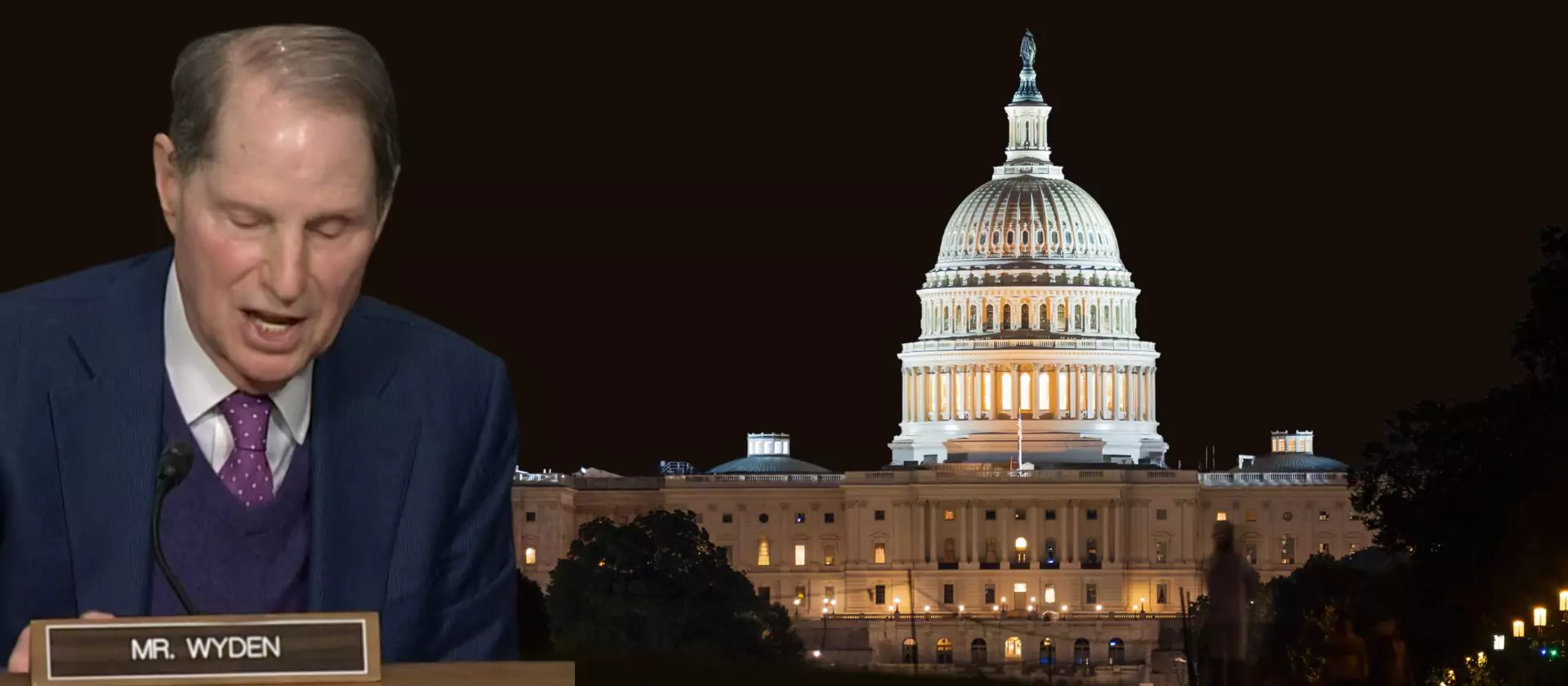Chair Gelser Blouin, Vice-Chair Linthicum, and Members of the Committee,
My name is Tyler Mac Innis, Policy Analyst for the Oregon Center for Public Policy, and I respectfully submit this testimony in support of SB 611 on behalf of the Center.
The Oregon Center for Public Policy is a nonpartisan think tank dedicated to improving the economic outcomes for all Oregonians, particularly low-income families and Oregonians of color, through research and analysis.
Oregonians are struggling to get by. More than two in every five Oregonians earn too little to afford a basic survival budget.[1] The rising cost of daily life forces families to make impossible choices between paying their rent, or keeping food on the table. For immigrant and refugee families, those choices are made all the more difficult by the fact that they are excluded from the Supplemental Nutrition Assistance Program (SNAP).
SB 611 would create a state-funded program that makes food assistance available to Oregon youth (ages 0 to 25) and elders (ages 55+) who are currently excluded from federal food assistance due to their immigration status. It would build off of successful, community-drive navigator models that ensure trust and are more culturally responsive.
One in six Oregon children currently go without enough food to eat.[2] Children who experience food insecurity have been found to suffer from “significantly worse general health, some acute and chronic health problems, and worse health care access.”[3]
SB 611 would fill an important gap in Oregon’s safety net by expanding food assistance to all Oregon children, regardless of their immigration status.
The benefits of expanding food assistance are well documented, and extend beyond the families receiving assistance themselves. Families receiving assistance spend their dollars on groceries locally, boosting local economies.[4] Indeed, research has found food assistance is linked to improved health outcomes for families, and lower health care costs.[5] Simply put, by expanding food assistance, SB 611 will have wide-ranging positive impacts in communities across Oregon.
Oregon is a prosperous state. No one who calls Oregon home should go hungry. SB 611 would take an important step forward towards achieving that vision.
We urge you to support SB 611.
[1] United for Alice, Oregon in the Crosscurrents: An Update on Financial Hardship in Oregon, United Way of Northern New Jersey, available at https://www.unitedforalice.org/state-overview/oregon.
[2] Food for All Oregonians, Food for All Oregonians Fact Sheet, available at https://api.oregonfoodbank.org/assets/download/FFAO_FactSheet_OnePager_2025_ENG.pdf.
[3] Thomas, Margaret M.C., Daniel P. Miller, and Taryn W. Morrissey, “Food Insecurity and Child Health,” Pediatrics, October 1, 2019, available at https://publications.aap.org/pediatrics/article-abstract/144/4/e20190397/38475/Food-Insecurity-and-Child-Health?redirectedFrom=fulltext.
[4] Center on Budget and Policy Priorities, Policy Basics: The Supplemental Nutrition Program (SNAP), November 25, 2025, available at https://www.cbpp.org/research/food-assistance/the-supplemental-nutrition-assistance-program-snap.
[5] Carlson, Steven, “SNAP is Linked With Improved Health Outcomes and Lower Health Care Costs,” Center on Budget and Policy Priorities, December 14, 2022, available at https://www.cbpp.org/research/food-assistance/snap-is-linked-with-improved-health-outcomes-and-lower-health-care-costs.





